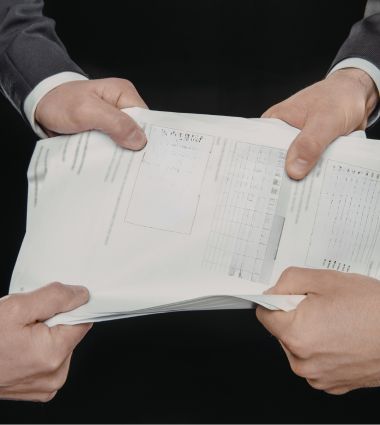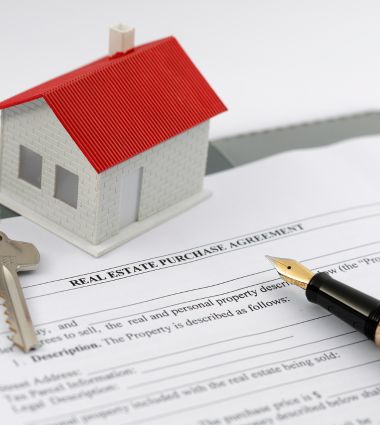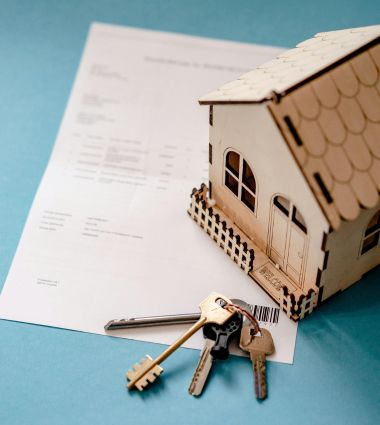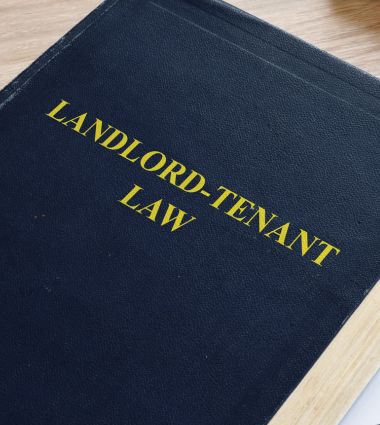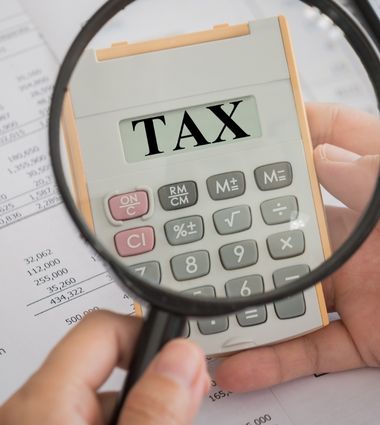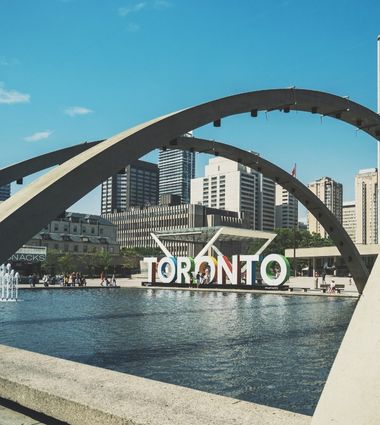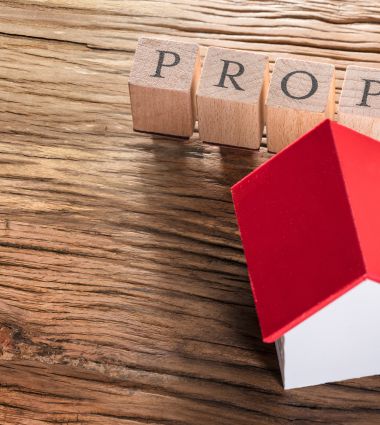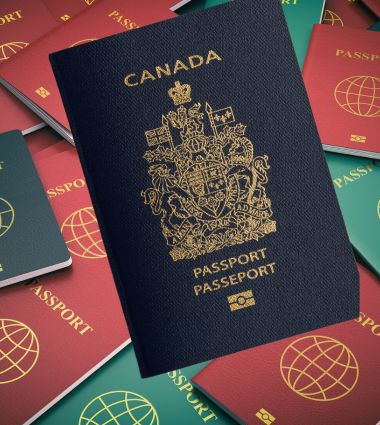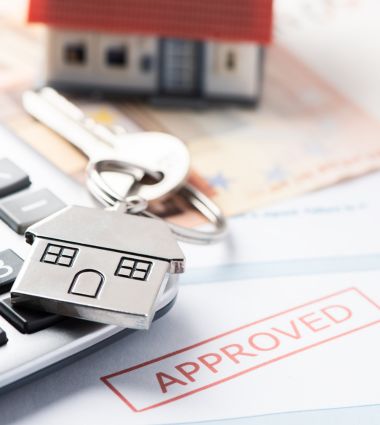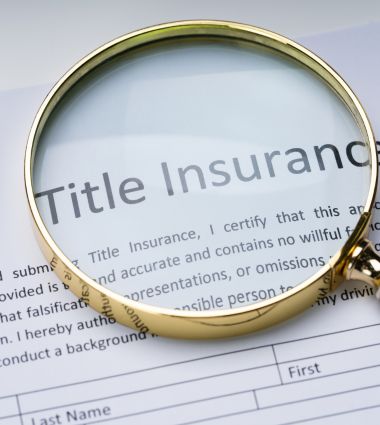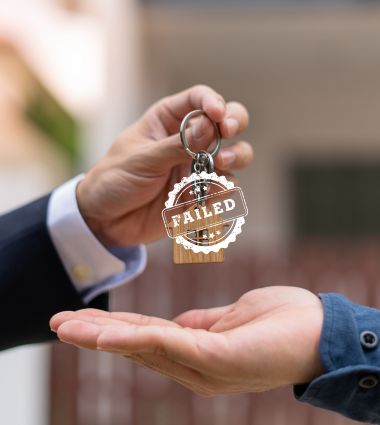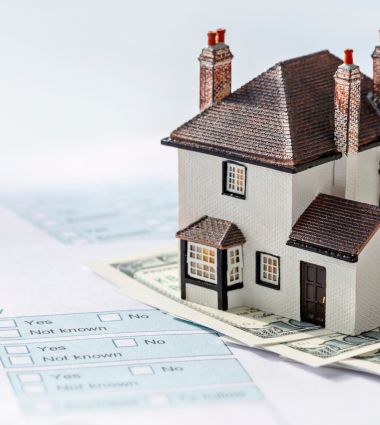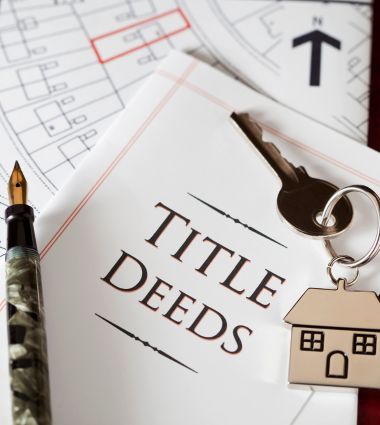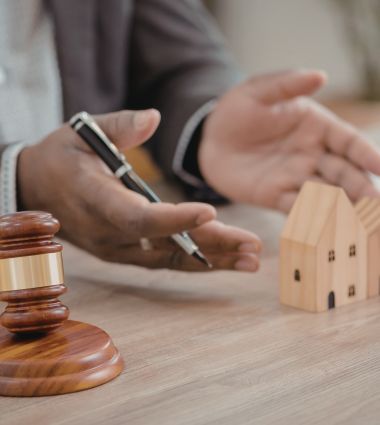The Legal Implications of Backing Out of a Real Estate Transaction
You've found your dream home, made an offer, and it was accepted. But now you're having second thoughts.
Can you just walk away? Not so fast.
Backing out of a real estate deal isn't as simple as changing your mind about a pair of shoes. There are serious legal and financial consequences to consider.
Whether you're a buyer or seller, understanding the potential fallout of backing out is important. In this article, we'll break down the legal implications of backing out of a real estate transaction in Canada.
Buckle up – it's time to dive into the world of real estate law and contractual obligations.
Understanding Real Estate Purchase Agreements
Before finalizing your real estate purchase agreement, it's essential to thoroughly comprehend the terms and conditions associated with your dream home.
This document holds significant importance in the home-buying process, so it's important to confirm that you are fully informed before making any commitments.
What's in the fine print?
A purchase agreement is more than just a handshake deal. It's a legally binding contract that outlines all the essential details of your property purchase. You'll find things like the purchase price, closing date, and any conditions that need to be met before the sale goes through.
Backing out: Can you do it?
Here's the thing: once you've signed, you're pretty much committed. But if you've included conditions in your offer, you might have some room to escape.
Just remember, backing out without a valid reason could cost you your deposit and potentially lead to legal trouble.
Read before you sign
Take your time to review the agreement thoroughly. Don't hesitate to ask your real estate agent or lawyer to explain anything you're unsure about. After all, this is likely the biggest purchase of your life – you want to get it right!
What Happens When a Buyer Backs Out?
If you have decided to back out of your real estate purchase. What now?
Well, it's not as simple as just walking away. There are some serious legal implications of backing out of a real estate transaction you need to be aware of.
Financial Implications
First off, you're likely to lose your deposit. That's the money you put down to show you're serious about buying. It's not pocket change, either —- we're talking thousands of dollars here.
But that's not all. The seller might decide to sue you for breach of contract. They could claim damages for things like:
- The difference is if they have to sell for a lower price
- Extra mortgage payments they've had to make
- Property taxes and insurance costs
Legal Consequences
You might think, "I'll just explain my situation. They'll understand." Maybe, but don't count on it. Legally, you're in a bit of a pickle.
The purchase agreement you signed at the start is a binding contract. Breaking it can lead to lawsuits and even damage to your credit score. Not ideal if you're planning to buy a house in the future.
Reputation Impact
In the real estate world, word gets around. Backing out could harm your reputation with agents and sellers. This might make future purchases more difficult.
Financial Consequences of Terminating an Agreement

Before you decide to back out of the real estate deal, it's important to consider the potential financial implications. Let's discuss the potential impact on your finances before making any hasty decisions.
Deposit at Risk
Please bear in mind the following information:
The deposit you have submitted may be at risk. If you decide to withdraw from the agreement, the deposited funds may be non-refundable. The amount in question could potentially be a huge sum, reaching into the thousands of dollars.
Potential Lawsuits
Brace yourself, because things could get messy. The other party might not take your exit lightly. They could drag you to court, seeking damages for any losses they've incurred. Think about it - they might have already made plans based on this deal going through.
Hidden Costs
Don't forget about those sneaky expenses that can creep up on you. Legal fees, inspection costs, and maybe even penalties for breaking mortgage agreements. These can add up faster than you can say "I changed my mind."
Long-term Financial Impact
Your wallet might feel the sting for a while. A failed real estate transaction could put a dent in your credit score, making future purchases more challenging and expensive. You might miss out on potential property value increases.
Please be mindful that each situation is unique. It is always a better idea to consult with a real estate lawyer before making major decisions in the real estate industry.
What Happens When a Seller Backs Out?
You've found your home, signed the papers, and now you're eagerly waiting to move in. But suddenly, the seller decides to back out.
What now?
Here's what you need to know about this situation.
Legal Implications of Backing Out of a Real Estate Transaction
When a seller backs out of a deal, they're not just disappointing you—they're potentially breaking a legally binding contract. In Canada, this can lead to serious repercussions.
The seller might have to pay damages, which could include your costs for temporary housing, storage fees, or even the difference in price if you end up buying a more expensive property.
Your Options as a Buyer
You're not left high and dry if the seller backs out. You have a few choices:
- Seek specific performance, where a court orders the seller to follow through with the sale
- Sue for damages to recover your losses
- Walk away and get your deposit back
When Sellers Can Legally Back Out
It's not always doom and gloom for sellers. There are some situations where they can legally cancel the deal:
- If there's a condition in the contract that hasn't been met
- If you, as the buyer, fail to fulfill your obligations
- If there's a mutual agreement to terminate the contract
Each case is different, so it's always best to consult a real estate lawyer to understand your specific situation and rights.
The legal implications of backing out of a real estate deal aren't something to take lightly. The legal and financial consequences can be pretty serious, depending on your situation.
What To Do If You Must Back Out of a Real Estate Transaction

If you need to back out of a real estate deal due to a difficult situation, it's important to stay calm. While it's not ideal, there are ways to lessen the impact of legal implications of backing out of a real estate transaction.
Review Your Contract
First things first, take a deep breath and carefully review your purchase agreement. Look for any contingencies or conditions that might allow you to exit the deal without penalties. Common ones include financing, home inspection, or sale of your current home clauses.
Communicate Openly
Next, be upfront with all parties involved. Contact your real estate agent and explain your situation. They can help guide you through the process and may even have alternative solutions you haven't considered.
Consider the Consequences
Be prepared for potential financial and legal repercussions. You might lose your deposit or face a lawsuit for breach of contract. Weigh these risks against your reasons for backing out.
Seek Legal Advice
If you're unsure about your options or the potential consequences, it's wise to consult a real estate lawyer. They can provide expert guidance tailored to your specific situation and help protect your interests.
While backing out of a real estate transaction is sometimes necessary, it should always be a last resort. Explore all your options and seek professional advice before making your final decision.
Role of Your Trusted Real Estate Lawyer
When you're considering backing out of a real estate deal, your lawyer becomes your most valuable partner. They'll guide you through the complex legal landscape, helping you understand your options and potential consequences.
Reviewing your contract
Your lawyer will carefully examine your purchase agreement. They'll look for any clauses that might allow you to exit the deal without penalties. These could include conditions like home inspection results or financing approval.
Negotiating with the seller
If you need to back out for reasons not covered in the contract, your lawyer can negotiate with the seller's representatives. They'll aim to minimize any financial impact on you, potentially arranging a mutually agreeable solution.
Protecting your deposit
The best real estate lawyer will work to protect your deposit. If you have valid grounds for termination, they'll provide your deposit is returned promptly. If not, they'll negotiate to limit any penalty.
Advising on potential litigation
In worst-case scenarios, your lawyer will advise you on the risks of potential lawsuits. They'll explain possible outcomes and help you make an informed decision about proceeding or settling.
Involving your lawyer early can save you considerable stress and money. They're there to protect your interests and guide you through this challenging process.
Before you make any big moves, it's always smart to chat with a lawyer who has knowledge about real estate law. They can help you figure out your options and potential risks. At the end of the day, it's your call, but being informed is key.
Hopefully, this article gave you a good starting point to understand what you might be getting into. Remember, when it comes to real estate transactions, it's better to be safe than sorry!
Real Estate
Family Law
Wills & Estates
Immigration
Join Our Mailing List.
Sign up with your email to receive our newsletter and stay informed about the latest legal developments and special offers.


